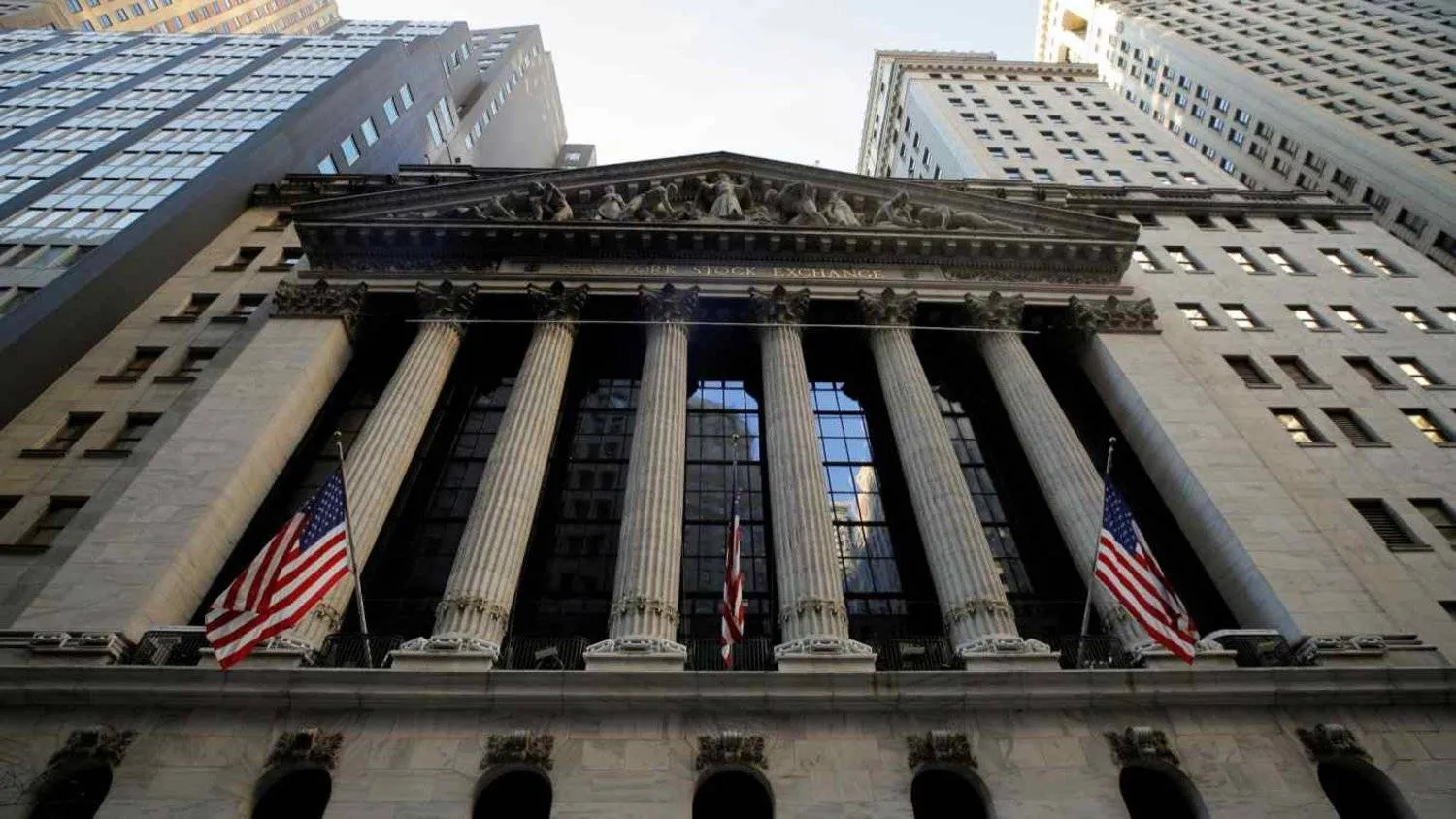US monthly inflation was unchanged in May as a modest increase in the cost of services was offset by the largest drop in goods prices in six months, drawing the Federal Reserve closer to start cutting interest rates later this year.
The report from the Commerce Department on Friday also showed consumer spending rose marginally last month. Underlying prices advanced at the slowest pace in six months, raising optimism that the US central bank could engineer a much-desired "soft landing" for the economy in which inflation cools without triggering a recession and a sharp rise in unemployment, Reuters reported.
Traders raised their bets for a Fed rate cut in September.
"This was a very Fed-friendly report that should keep the September rate cut in play, while at the same time increasing investor confidence that moderate economic growth can be maintained even as rates stay higher for longer," said Scott Anderson, chief US economist at BMO Capital Markets. "The sharp slowdown in core inflation is just what the doctor needed to see to keep the economy on the soft-landing glide-path."
The flat reading in the personal consumption expenditures (PCE) price index last month followed an unrevised 0.3% gain in April, the Commerce Department's Bureau of Economic Analysis said. It was the first time in six months that PCE inflation was unchanged. Goods prices fell 0.4%, the biggest drop since November.
There were big declines in prices of recreational goods and vehicles as well as furnishings and durable household equipment.
The price of gasoline and other energy goods dropped 3.4%, the biggest slide in six months. Clothing and footwear were also cheaper, while food prices rose marginally.
The cost of services increased 0.2%, lifted by higher prices for housing and utilities as well as healthcare. Financial services and insurance costs declined 0.3% after rising for five straight months. These costs, together with housing, have been among the major drivers of services inflation.
In the 12 months through May, the PCE price index increased 2.6% after advancing 2.7% in April. Last month's inflation readings were in line with economists' expectations.
Inflation is receding after spiking in the first quarter as 525 basis points worth of rate hikes from the Fed since 2022 cool domestic demand. Inflation, however, continues to run above the central bank's 2% target.
Financial markets saw a roughly 68% chance that the Fed's policy easing would start in September compared to about 64% before the data, though policymakers recently adopted a more hawkish outlook. The U.S. central bank has maintained its benchmark overnight interest rate in the current 5.25%-5.50% range since last July.
Economists were divided on whether the Fed would still reduce borrowing costs twice this year amid solid wage growth. The release of the U.S. employment report for June next Friday could shed more light on the monetary policy outlook.
Stocks on Wall Street were trading largely higher. The dollar was little changed against a basket of currencies. U.S. Treasury prices were mixed.










